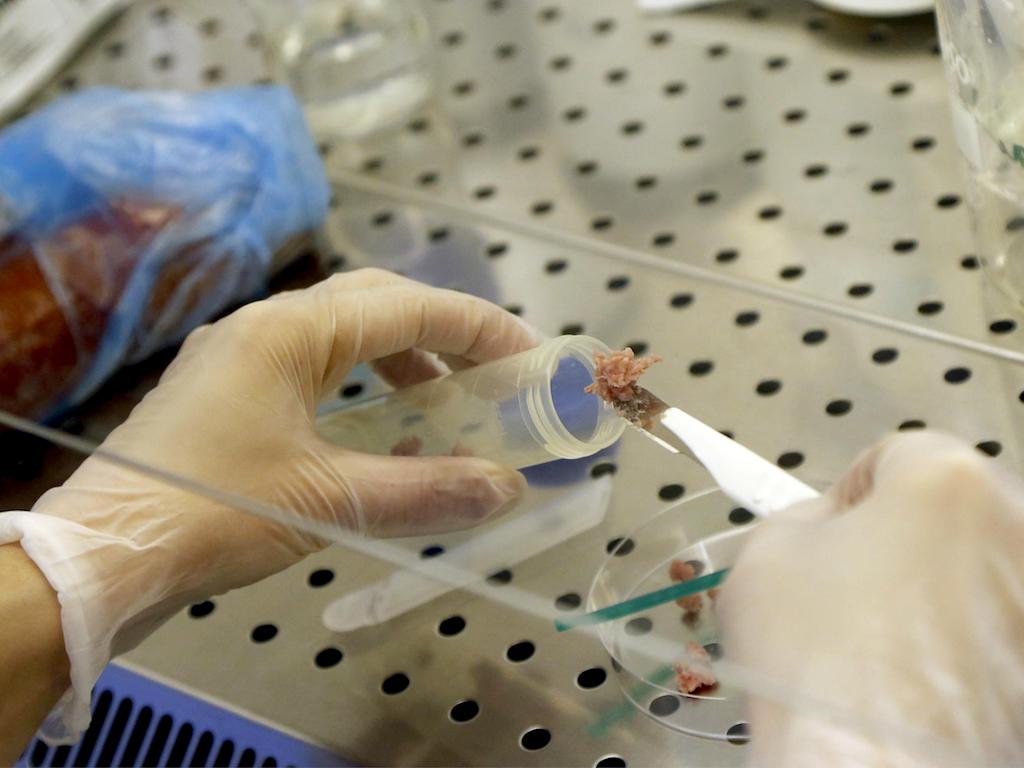3 Mins Read
IntegriCulture Inc., a cellular agriculture company based in Japan, has just announced the launch of its new “Uni-CulNet” framework, a standardised cell-based agriculture infrastructure system. The two-pronged framework will involve a cultivated food tech enterprise solutions pipeline on the one hand, and a consortium scheme on the other, which promotes the joint development of technical standards. IntegriCulture says that it will partner with clients across different industries to create animal-free alternatives for all ingredients.
Founded in 2015 by Dr. Yuki Hanyu, IntegriCulture Inc. is a Tokyo-based cellular agriculture startup working on developing products across the cultivated foods spectrum. Its initial commercial product, Space Salt, doubles as a food-grade culture medium and a food seasoning, while its first cultivated meat product debuted in August 2019 was foie gras.
With its new “Uni-CulNet” framework, the company hopes to propel the growth and innovation of the cultivated industry to develop sustainable solutions to all animal-based products, from alternative meats to lab-grown versions to replace fashion materials like leather and other animal-based functional compounds such as squalene in the cosmetics or nutraceutical lipid supplements.
The first arm of the Uni-CulNet system is the CulNet Pipelines, which will support cultivated business enterprises by offering joint research and development expertise to develop various cell-based products across all sectors, including all terrestrial, aquatic and avian meats, other food products, cosmetics and pharmaceuticals. Projects will firstly undergo small-scale feasibility tests before technical optimisation and scaling up to commercial production.
CulNet Consortium, the second branch of the framework, is a joint-development scheme with domestic and global participants in all cultivated industry sectors – cell sourcing, culture medium, hardware, product bioreactors and processing – to create industry-wide standards for cell-based technology.
Cultivated foods have received a greater show of support in recent months amidst the coronavirus pandemic, which has exposed the vulnerability of traditional animal agriculture and animal-dependent industries.
Read: 10 reasons why cultivated meat is the future of protein
But even prior to the pandemic crisis, cultivated meat and foods have been spotlighted as a key future food solution to battle the challenges that a climate-stricken planet of 10 billion by 2050 will bring.
Raising livestock for meat and dairy generates around 18% of global greenhouse gas emissions – more than all transportation combined – and uses around 70% of agricultural land, in the process driving destructive practices such as deliberate deforestation, as well as contributing to biodiversity loss and water pollution. Food innovation in the alternative space will provide crucial breakthrough solutions to the problems associated with animal agriculture.
The Asia Alternative Protein Industry Report 2020, in which Integriculture’s work and founder were highlighted, the authors stressed that the benefits of the emerging alternative food economy is particularly promising in Asia, citing that government support will likely propel regulatory standards forward for the first commercially cultivated meat to land in the continent.
Want to know more about Asia’s alternative protein space? Download the first in-depth Asia Alternative Protein Industry Report: New Protein New Decade by Green Queen Media here.
Lead image courtesy of AP Photo / Petr David Josek.




